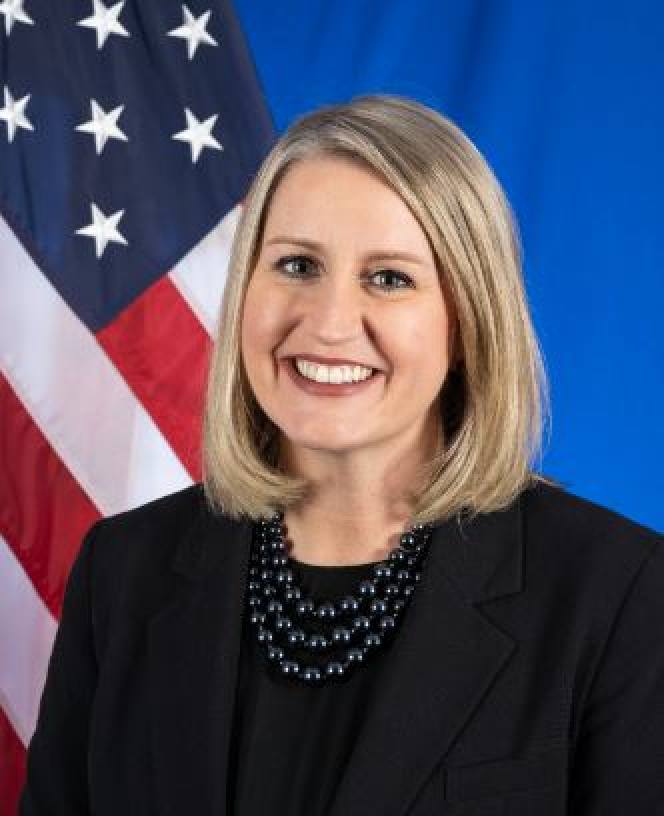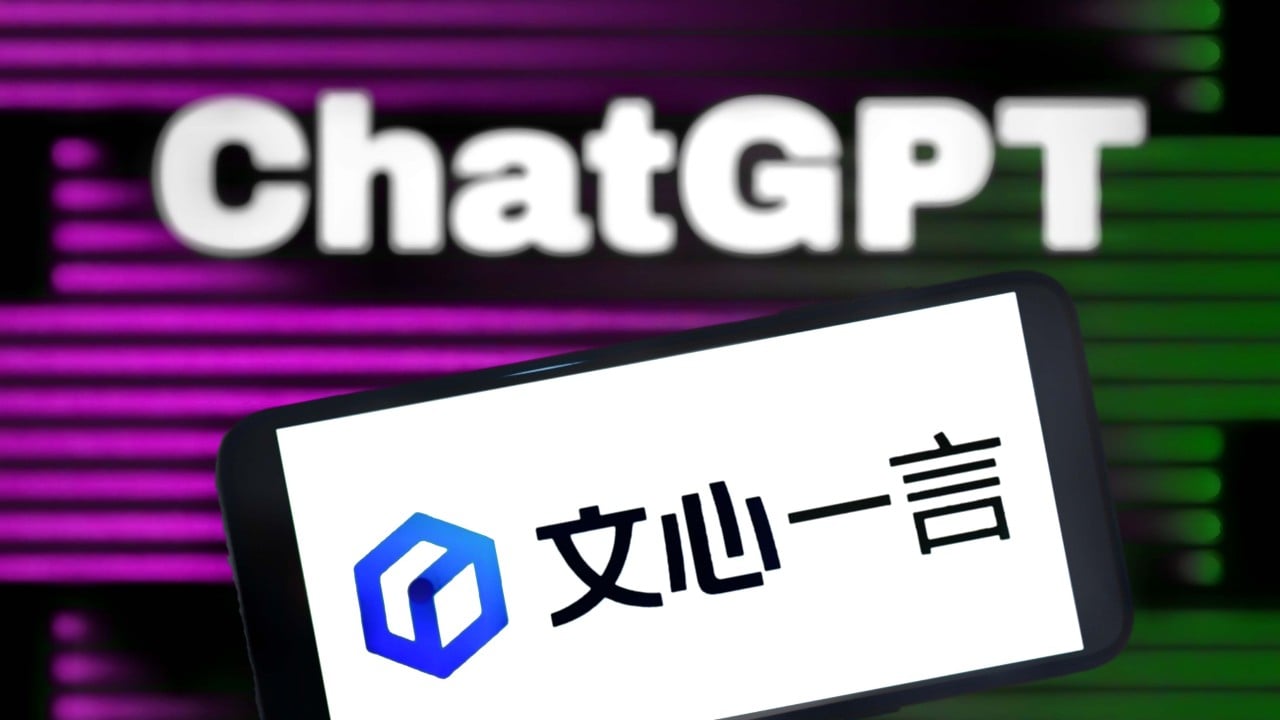However, she added, “we find that our relationship with China is one that we have to manage to chart the future of the world in a way that is different and there are necessary opportunities for collaboration”.

“As we are on the one hand calling out manipulation where we see it, we also have a relationship in which we are managing it responsibly in terms of shared issues,” she added.
A State Department report in September said that Beijing’s information manipulation includes the use of propaganda, disinformation and censorship.
A report released on Thursday by the tech firm OpenAI – which operates the ChatGPT artificial intelligence service – found that Chinese, Russian, Iranian and Israeli influence operations were using its product in efforts to manipulate the US public. These include China’s Spamouflage operation.
The Chinese embassy in Washington did not immediately respond to a request for comment.
Allen conceded that the US and many of its democratic allies are struggling to counter the flood of disinformation by foreign actors, but added that they are also cooperating, with some 17 memorandums of understanding signed among the partners in the past year.
One State Department approach has been to analyse and expose disinformation campaigns by China, Russia and others as a disincentive.
Another is to answer disinformation with credible information, as when Washington declassified intelligence shortly before Russia’s February 2022 invasion of Ukraine – predicting the attack before many in the Russian military knew what was coming.
But that carries a risk, she noted: “We have to be careful about hyping, setting that expectation, that we’re going to be able to do that every time and that we’re not overplaying our hand.”
Amid growing concern about US election interference, turf issues are also a factor. While the State Department can work to counter malign foreign actors overseas, once foreign campaigns gain traction in the US, these become the responsibility of the departments of Justice and Homeland Security.
And even overseas, the Department of Defence conducts its own sizeable disinformation initiatives.
Allen acknowledged that China is a worthy adversary to the US, wielding influence through internet plumbing in Africa and other parts of the world, spreading its 5G network standards and Huawei Technologies hardware.
And it often provides state-owned Xinhua News Service content for free to countries with few alternatives.
But Washington is trying to counter, she said citing efforts in Southeast Asia, a region “extremely contested” between the US and China.
Two years ago, Washington introduced a free news feed to distribute Associated Press and Reuters content, she said, adding that it is also working with Japan and South Korea to offer similar programmes in their respective languages around the region.
And while artificial intelligence systems are worrisome, they may also prove a double-edged sword, Allen said. On the one hand, they threaten to promote disinformation to a different level; on the other, they offer new opportunities.

The State Department, for instance, has developed an in-house platform to translate US policy messages and analyse and track news into far more local languages than it could ever afford with its own staff.
“Once we scale it to every embassy overseas, we are going to save 180,000 working hours next year,” she said.
“That’s an enormous opportunity for us. What am I going to do with 180,000 hours in my workforce? A lot of in-person, people to people diplomacy, media relations.
“That actually gives the US competitive advantages over China and Russia. People want to talk to us.”


